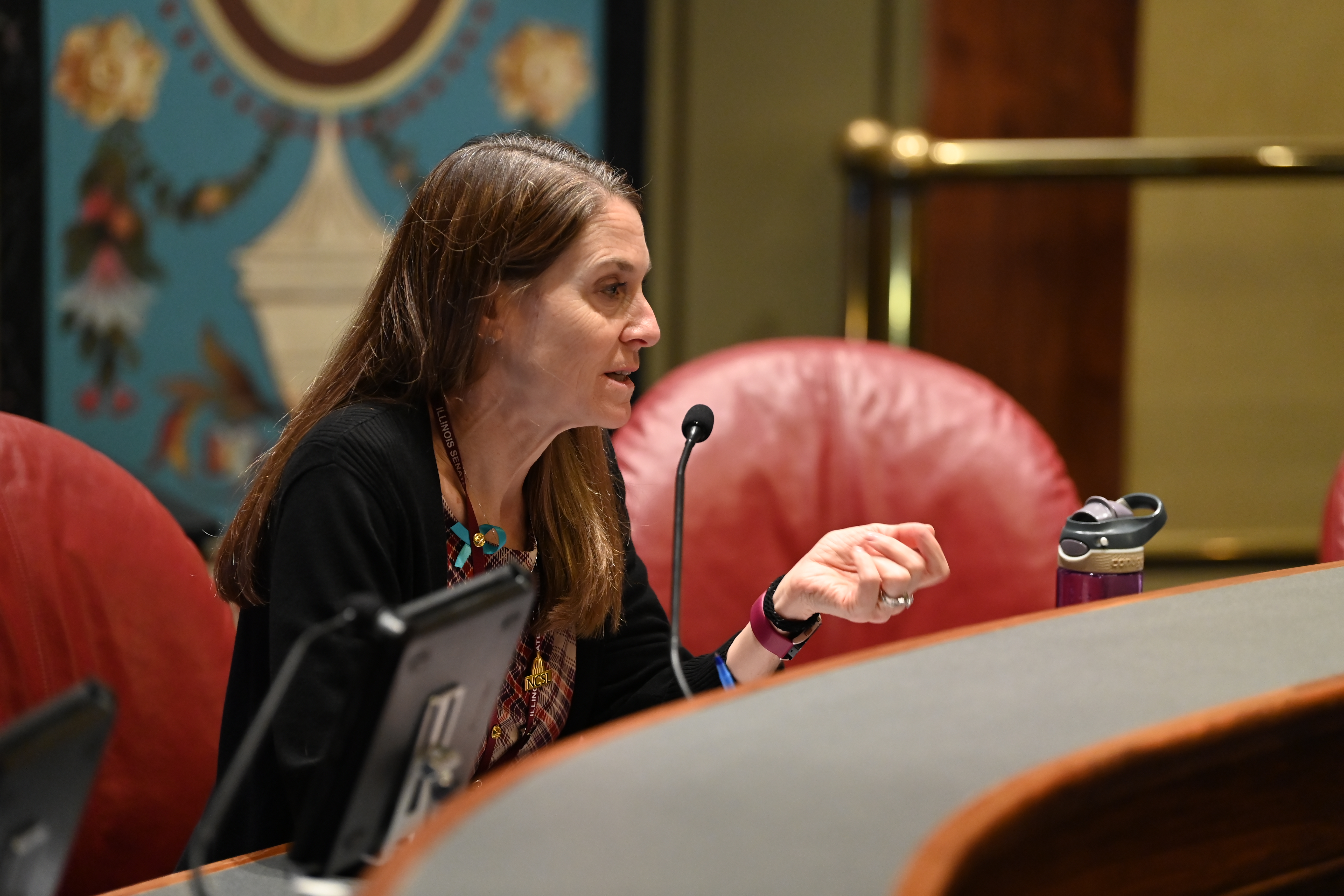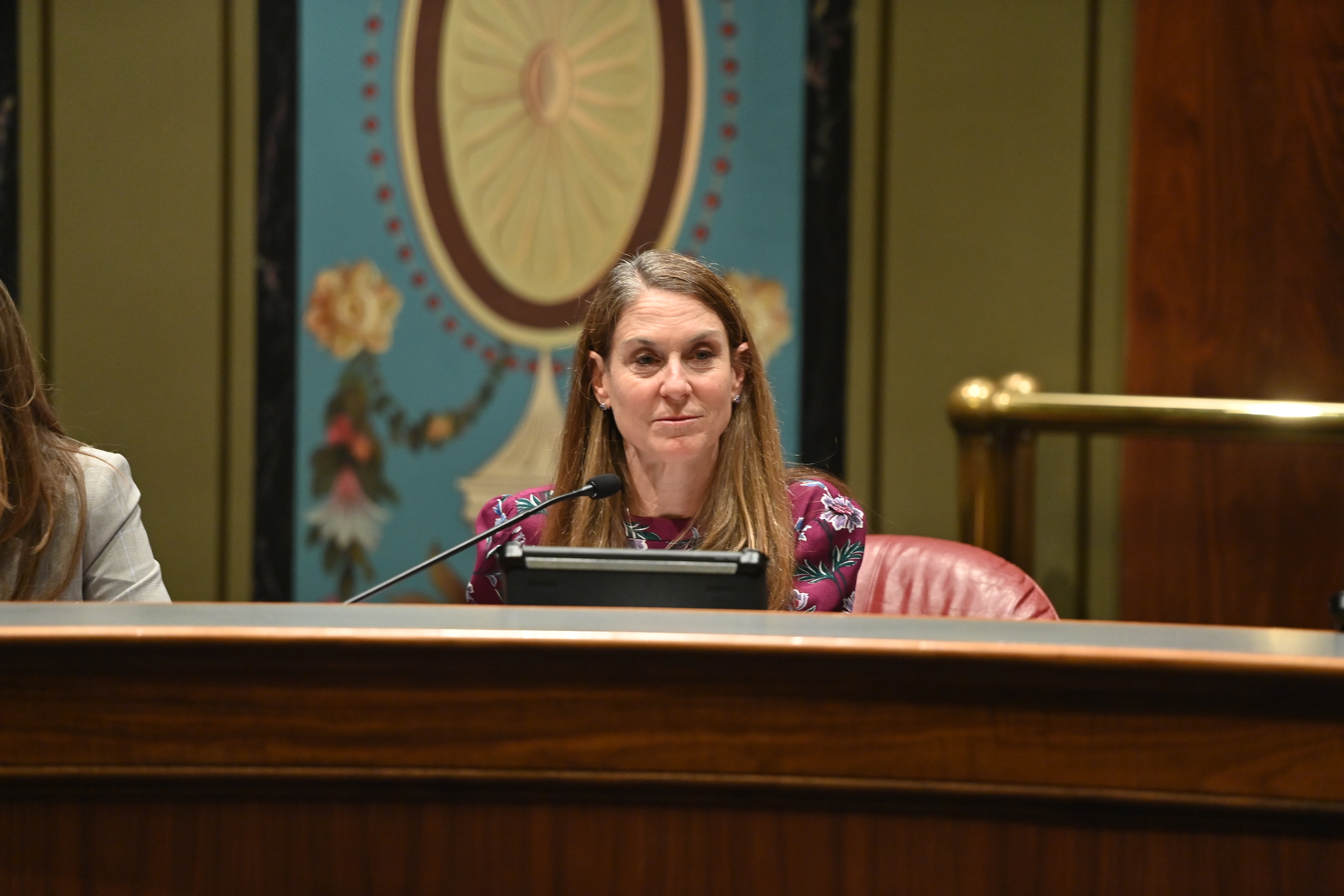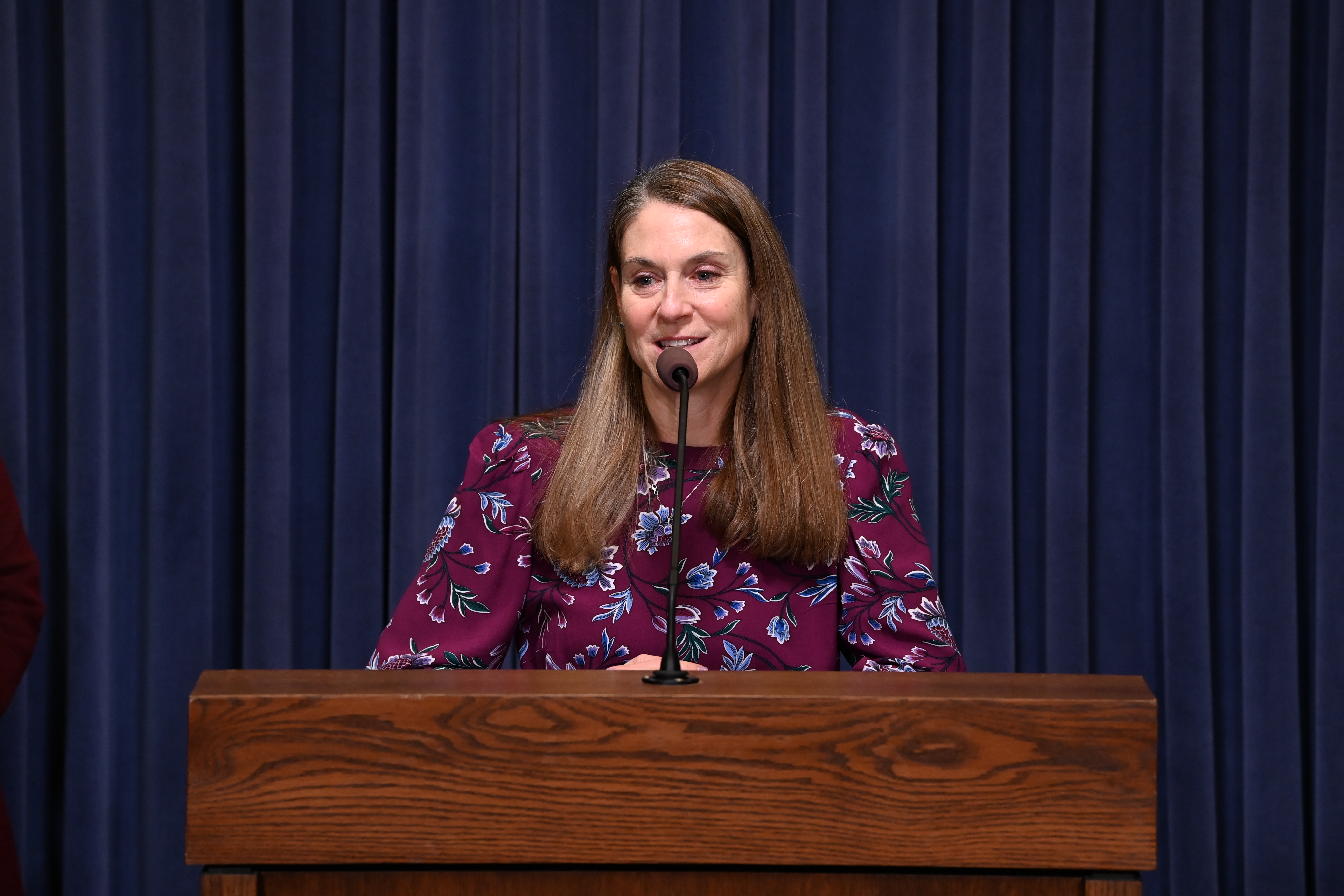- Details
- Category: Press Releases

“As we work to provide Illinoisans with a health care system that makes it possible for all to access the services they need, we must address lingering barriers for both patients and physicians,” said Fine (D-Glenview). “This legislation is about putting people first and ensuring patients and physicians have the power to make their own medical decisions – not insurance companies.”
Last year, the Healthcare Protection Act was signed into law, making health care more accessible and affordable for Illinoisans. The law banned step therapy requirements, prohibited prior authorization for inpatient mental health care at hospitals, banned junk insurance plans, and ended unchecked rate increases for large group insurance companies.
Read more: Fine & LaPointe to expand health insurance reform protections for Illinois consumers
- Details
- Category: Press Releases

“Accessible and affordable mental health care is essential healthcare for Illinoisans. This task force serves a critical role in addressing barriers physicians face by promoting collaborative efforts between behavioral health professionals, state agencies, and patients to formulate appropriate solutions and best practices.”
The task force is responsible for reviewing policies and regulations impacting the behavioral health industry to identify inefficiencies, duplicate or unnecessary requirements, burdensome restrictions and other barriers impeding access to services. The task force will also develop recommendations for legislative or regulatory changes to reduce administrative burdens while maintaining quality of care.
- Details
- Category: Press Releases
 SPRINGFIELD – Following Governor JB Pritzker’s Fiscal Year 2026 budget proposal, State Senator Laura Fine (D-Glenview) issued the following statement:
SPRINGFIELD – Following Governor JB Pritzker’s Fiscal Year 2026 budget proposal, State Senator Laura Fine (D-Glenview) issued the following statement:
“As chair of the Behavioral and Mental Health Committee and longstanding advocate for accessible and affordable mental health care services, I have spent my career working with providers and subject matter experts to deliver timely solutions to barriers impacting our communities, including insurance limitations that directly prevent patients from receiving necessary treatment. This budget takes steps to build on our existing investments in affordable mental health services, including funding for mental health services integrated with physical care as well as funding for in-state network Psychiatric Patient Treatment Facilities. The proposal continues to facilitate career pathways amidst our workforce shortages in health care fields through the Pipeline for the Advancement of the Healthcare Workforce.
“Furthermore, the integrity of our state’s environmental landscape is a priority in this proposal, with funding to revitalize state parks, historic sites, and decrease air pollution through Electric Vehicle Rebate investments.
Read more: Fine highlights mental health care access, environmental safety as budget priorities
- Details
- Category: Press Releases

“Patients with legitimate chronic pain are placed at further risk of self-medicating or mental and physical harm if they are restricted from accessing necessary medical treatment,” said Fine (D-Glenview). “Those suffering from chronic pain due to an injury or illness will now receive the care they need without barriers or misunderstandings.”
House Bill 5373 reflects new guidelines issued by the Centers for Disease Control and Prevention for the prescribing of opioids for chronic pain. The new law allows physicians to authorize necessary prescriptions for controlled substances, including opioids, without strict limitations based on dosage amounts except as provided under federal law.
Read more: Fine measure to expand chronic pain treatment signed into law
More Articles …
Page 9 of 76







